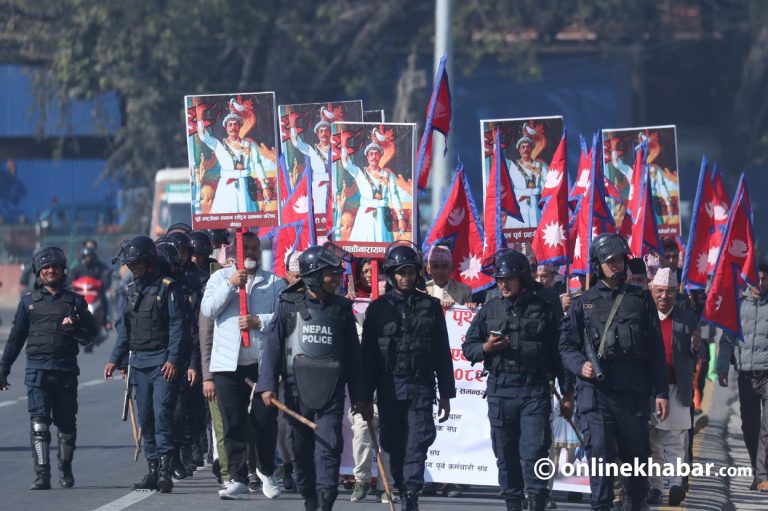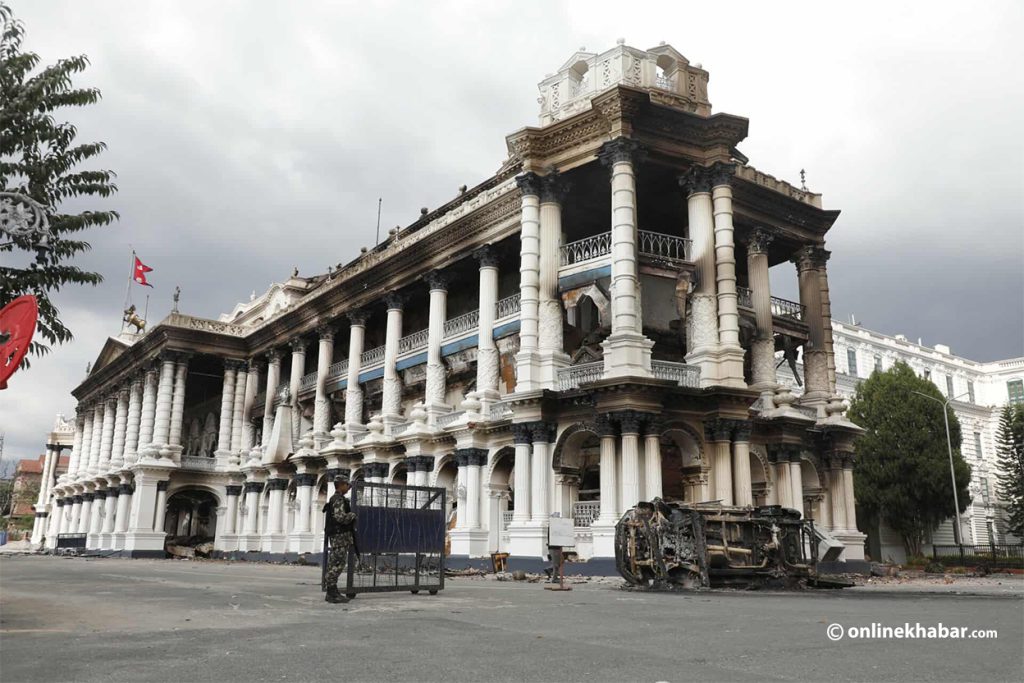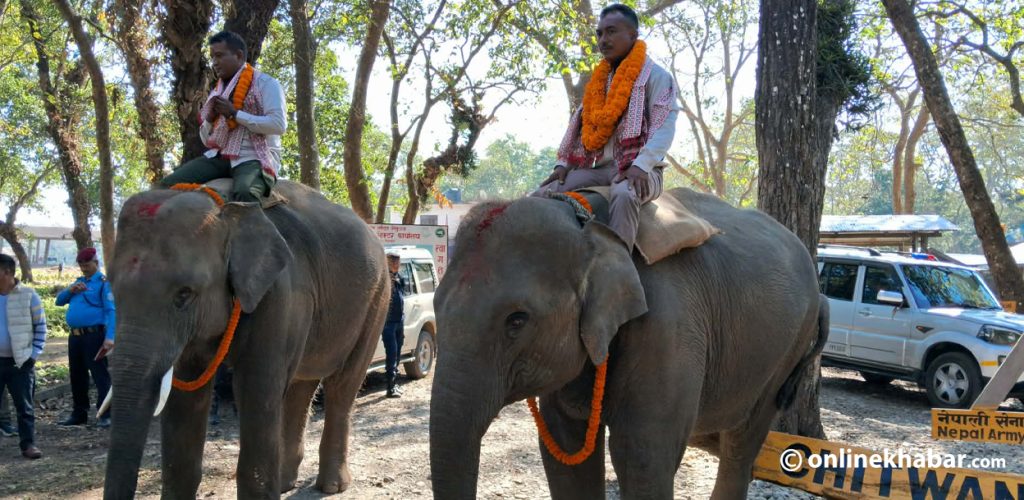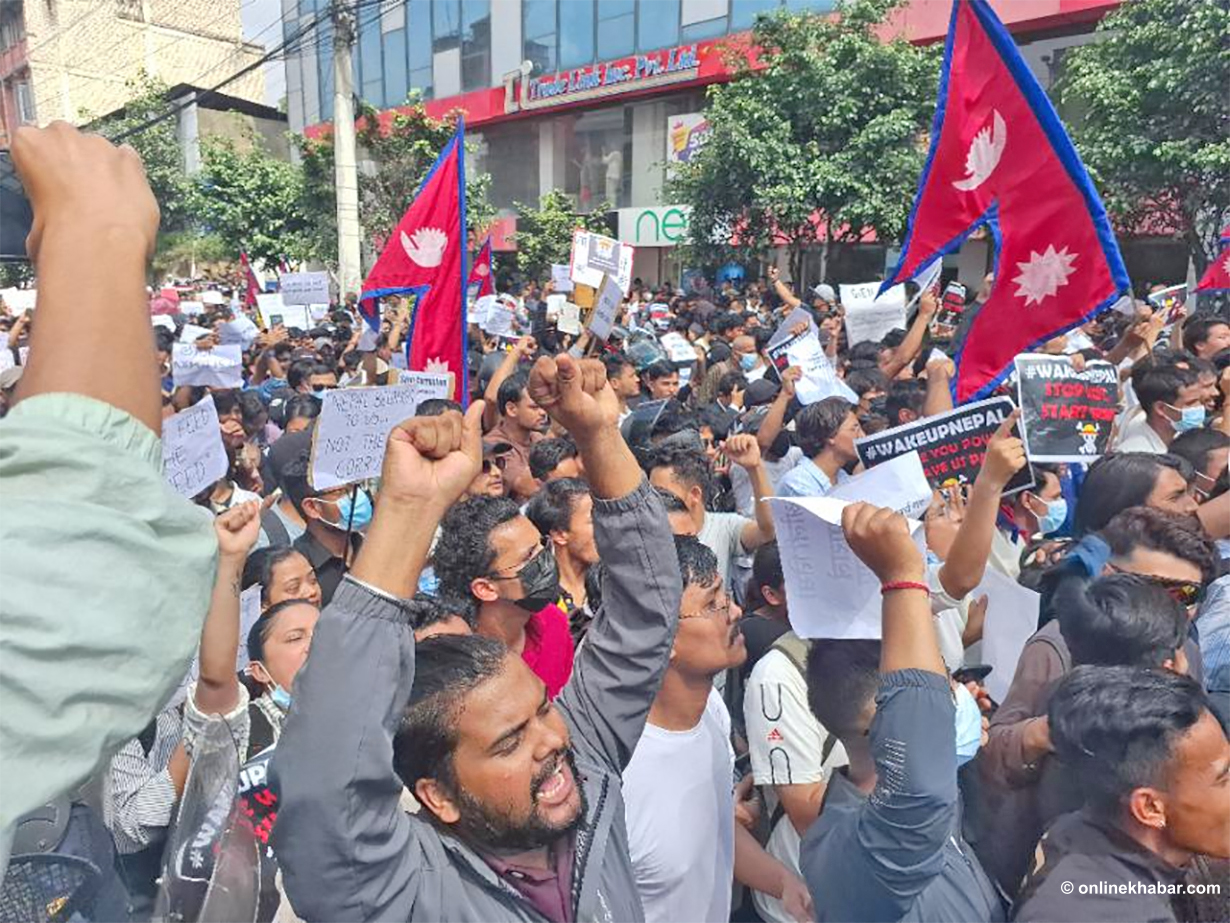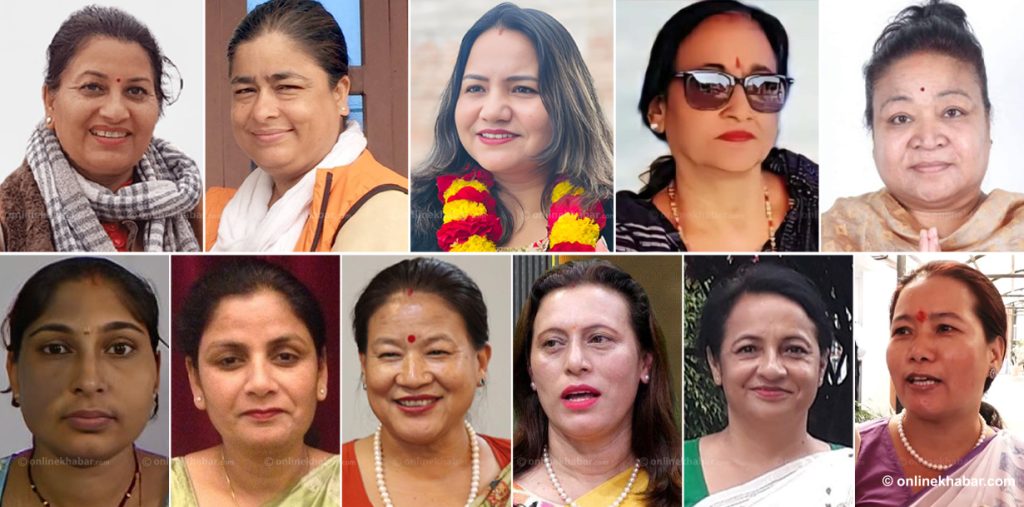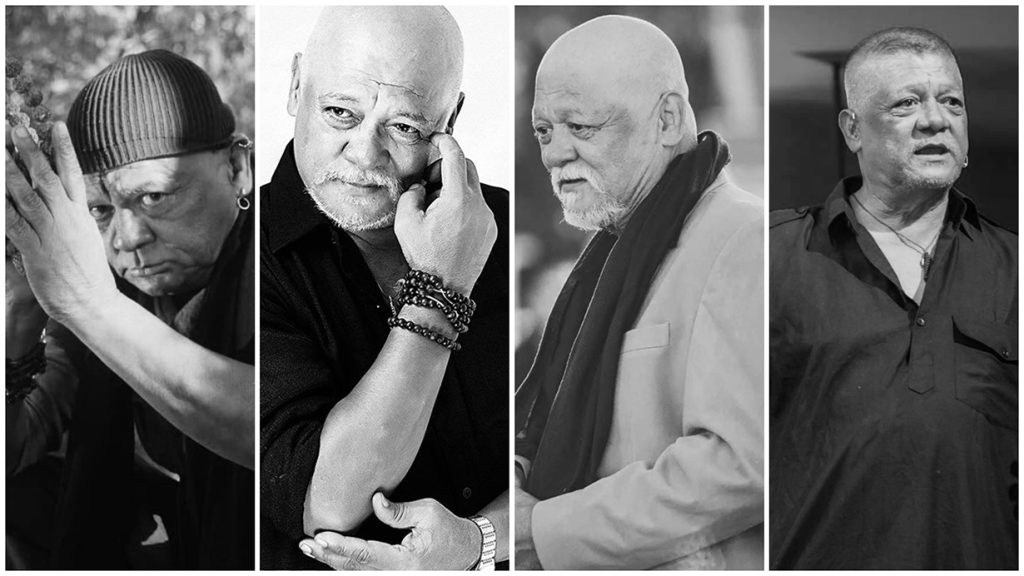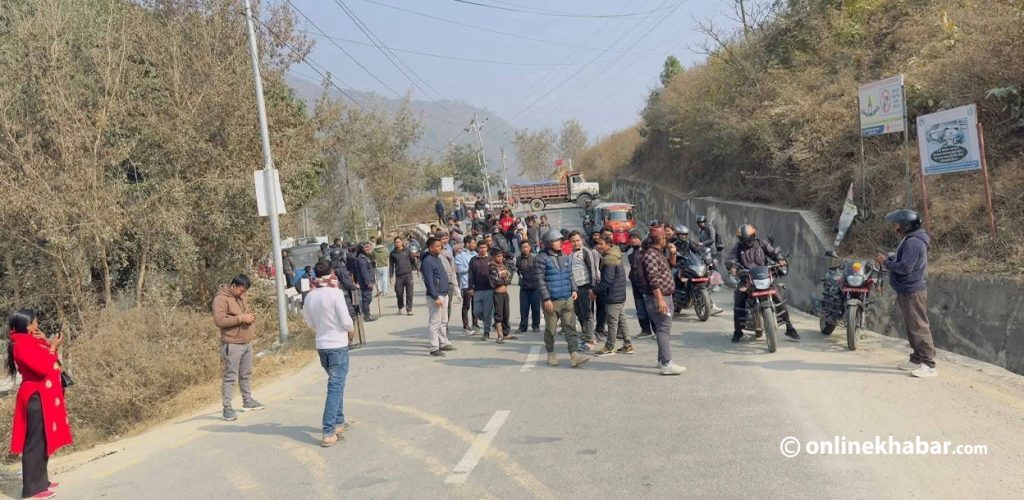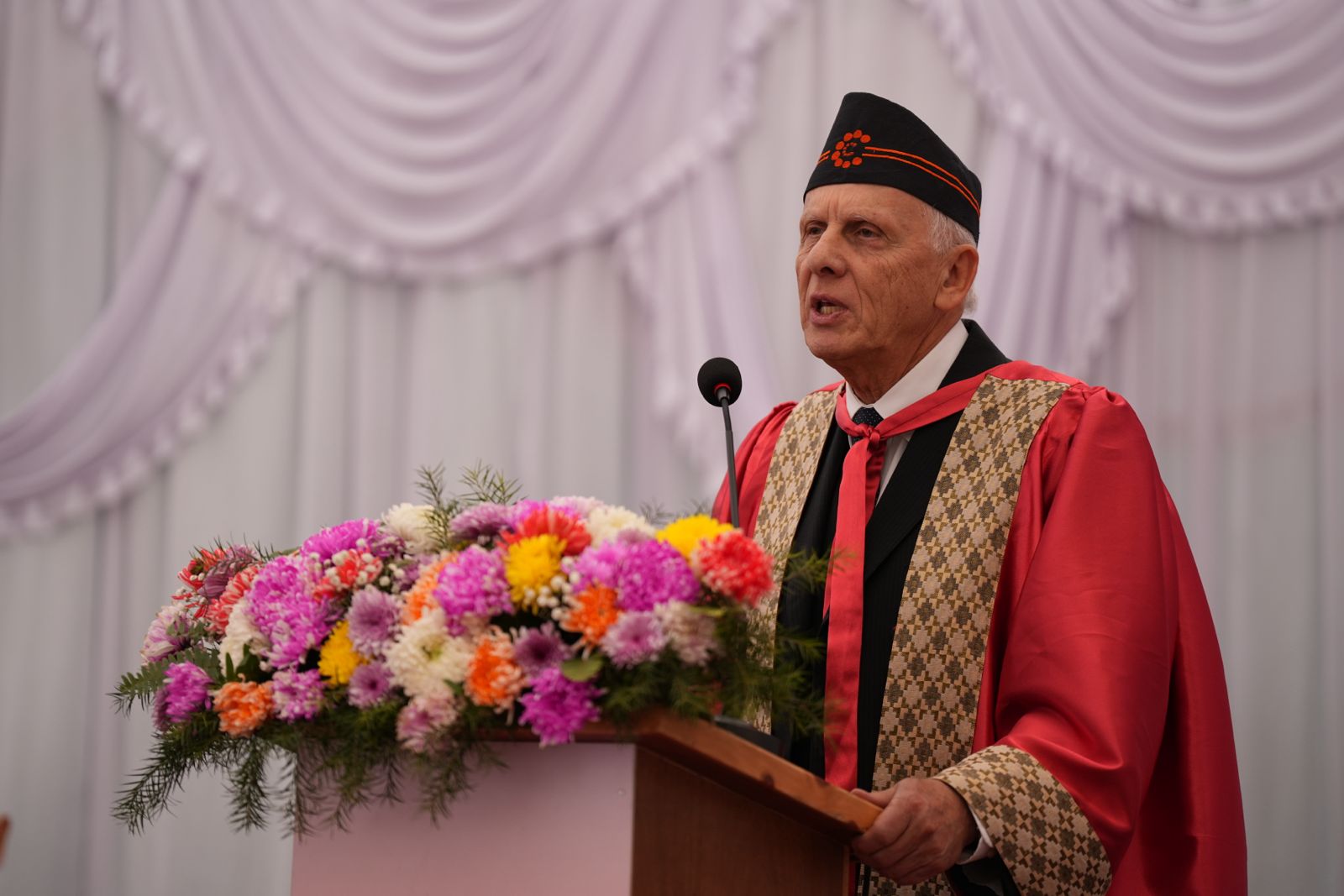Inflation in Nepal has become common over the past few years. In July this year, the inflation rate went up by Rs 4.35 per cent whereas inflation in the transport and construction sectors went up by 9.43 per cent and 11.54 respectively.
This rate is expected to rise after the parliament passed the budget replacement bill in the House of Representatives recently so as to amend the annual Nepal budget plan 2021/22 that former finance minister Bishnu Paudel had presented in an ordinance.
Due to this very bill, consumers will face most of the brunt as they will have to pay a lot more while purchasing vehicles and during construction.
After criticism, Finance Minister Janardan Sharma said the government brought a bill that was promoting made-in-Nepal products. But, experts and financial analysts argue that the bill does not promote Nepali products. Instead, they argue that the bill only favours a handful of people, especially people from the transport and construction industries as far as taxation is concerned. They also argue Nepal taxation is faulty for the past several decades as it prioritises the rich over the poor while fixing tax rates.
Pressure on the bottom
Economist Dilli Raj Khanal says the people who belong to and lower- and middle-class groups will bear most of the brunt of the increase in taxes put forward by the government. He says they will face the brunt because the government aims to increase taxes on daily usable items.
“We’ve gone truly into consumerism. The government wants to use that and increase taxes to increase its revenue,” says Khanal, who adds that the country’s revenue system is based on remittance and customs.
“In the long run, this is bad because it doesn’t treat everyone fairly,” he says.
He questions why casinos are given tax rebates when people from the middle class and lower middle class are paying more tax than they should.
“People will one day realise this and start to ask why they pay tax. When they do that, they’ll stop paying and that, in the long run, is disastrous,” says Khanal.
Taxing transportation

A few years ago, all vehicles were deemed luxury items. But now, some vehicles which come under a certain amount do not get categorised so.
However, on the eve of Dashain, the government raised taxes after which prices of motorbikes went up. The newly proposed bill raised excise duties and road taxes, after which distributors of motorbikes have raised prices.
This is quite odd because the government has waived royalties it received from casinos for the fiscal year 2021/22. Similarly, the bill has not increased taxes on cars, mostly used by the upper-middle class and higher class.
The excise duty on bikes under 125 CC has been set at 40 per cent while the same on bikes between 125 CC and 200 CC has gone up to 50 per cent. Previously, the tax bracket was 50 to 155 CC. A new bracket has been added for a section of the bike that is most sold in the country. The road tax for this segment has also gone up.
This has resulted in prices of bikes from Hero, Yamaha, Honda and Suzuki going up by up to Rs 17,000 on average, informs the NADA Automobiles Association of Nepal.
While the government says it wants to promote the sale of vehicles that have been assembled in Nepal like Bajaj and TVS, prices of bikes and scooters of both these companies have gone up in recent weeks.
NADA Automobiles Association of Nepal says it was wrong to increase taxes in a segment that sells the most in Nepal. “We don’t understand why the government did that. It affects both the sellers and the buyers,” says Krishna Prasad Dulal, the association president.
He says this will discourage people from buying motorbikes at a time when people are refraining from using public transport.
“Prices of some bikes have gone up by 10 per cent,” says Dulal. “The government is trying to cheat the consumers by doing this. I doubt it has done enough research.”
Meanwhile, the Finance Ministry says it has received complaints and talks are underway to review the provisions.
“We’re doing a periodic review, after which we will see if we have to change things,” says the spokesperson of the ministry, Mahesh Acharya. “If the policy we’ve brought doesn’t help the economy, we will definitely change it.”
Provinces following the centre
Provinces around the country seem to have done the same as the centre has done when it comes to taxation. For the fiscal year 2021/22, the Bagmati province has increased taxes on not only private vehicles, but also public vehicles. A province that wants to have only electric vehicles by 2028, Bagmati has increased taxes on electric vehicles too.
The tax paid by public vehicles has gone up by up to Rs 3,000. Public busses and trucks now have to pay up to Rs 20,000 as road tax. This has resulted in the bus fare increasing up to 28 per cent as consumers face the brunt again of the tax hike.
Tax rebate on expensive cars

The Bagmati province has not increased taxes on high-end vehicles. Bikes up to 125 CC have to pay road taxes of Rs 3,000, which is Rs 500 more than they did before. The bikes between 126 CC and 150 CC have to pay Rs 5,000 as tax, an increase of Rs 500. For bikes between 150 CC and 225 CC, another Rs 500 has been added to the tax while for bikes between 226 CC and 400 CC, an additional Rs 2,000 has been added to the tax. But, for bikes above 400 CC, the tax has not increased. The tax on electric bikes and scooters has also gone up by Rs 500 for those under 1,000 watts and Rs 1500 for those up to 1,500 watts. Jeeps and private cars that paid up to Rs 58,500 now have to pay up to Rs 65,000.
Steel prices go up

After the implementation of the budget replacement bill, prices of construction materials have gone up. This is due to the government raising customs on steel billet, a material used to produce steel, from Rs 1,650 to Rs 2,500.
But, customs on sponge iron, raw material used to produce steel billet, has gone down to zero. Previously, a tax of 4.75 per cent was imposed on both steel billet and sponge iron.
The steel industrialists say due to the rise in tax, they have been compelled to increase the prices of steel in Nepal.
Finance Minister Sharma says this decision was made to promote the production of steel billet using sponge iron in Nepal itself. But, as consumers face the brunt, people are arguing who this decision actually supports.
Taxing fuel

The KP Sharma Oli-led government cannot be forgotten when discussing the increase in taxes. Citing the development of the Budhigandaki Hydropower Project, Rs 5 was increased on fuel prices to aid the project. This is still being done even now in the name of infrastructural development when fuel prices have skyrocketed.
After not being able to generate enough revenue, various governments have been using various ways to extract every penny they can from the citizens, claim experts. Despite charging a lot, the Nepal Oil Corporation still claims it faces a loss of Rs 2 billion a month.
Experts, however, say even though the NOC says it is adjusting prices according to global trends, the reason for the price rise is various additional taxes the government has put on fuel prices.
Sadly, these taxes that are taken from the public are not used properly as they directly go into the federal reserve and not for a specific project. If you look at last year’s data, the government has accumulated taxes up to Rs 97 billion in taxes from fuel.
Taxing the internet

The government has been continuously taking decisions to burden the consumers. Due to the government raising taxes on the internet, consumers have had to pay extra. This year, the tax for the internet has not gone up. But, after Nepal Electricity Authority said it would charge internet service providers more for using its poles, some ISPs are talking about raising their monthly tariff by up to Rs 300.
The NEA Managing Director Kul Man Ghising says this is wrong and should not be allowed to happen. But, the ISP Association of Nepal President Sudhir Parajuli says that consumers will have to pay a bit extra as the ISPs’ operation costs have also increased.
Price hike in essentials affecting lower-income families

In July 2020, prices of ghee and cooking oil went up by 29.07 per cent. It was odd because prices of tobacco products only went up by 10.12 per cent. This year, the government has not increased prices, but producers, citing an increase in raw material cost, have raised the price of cooking oil.
Prices of essentials have risen due to an increase in transport costs, say producers. But, that said, the cost of cooking oil has almost doubled in the past year.
The most affected by these increases are lower and middle-income families. Revenue Consultation Committee’s president Mahesh Dahal says the country’s income tax needs revision especially for people who do not earn much.









